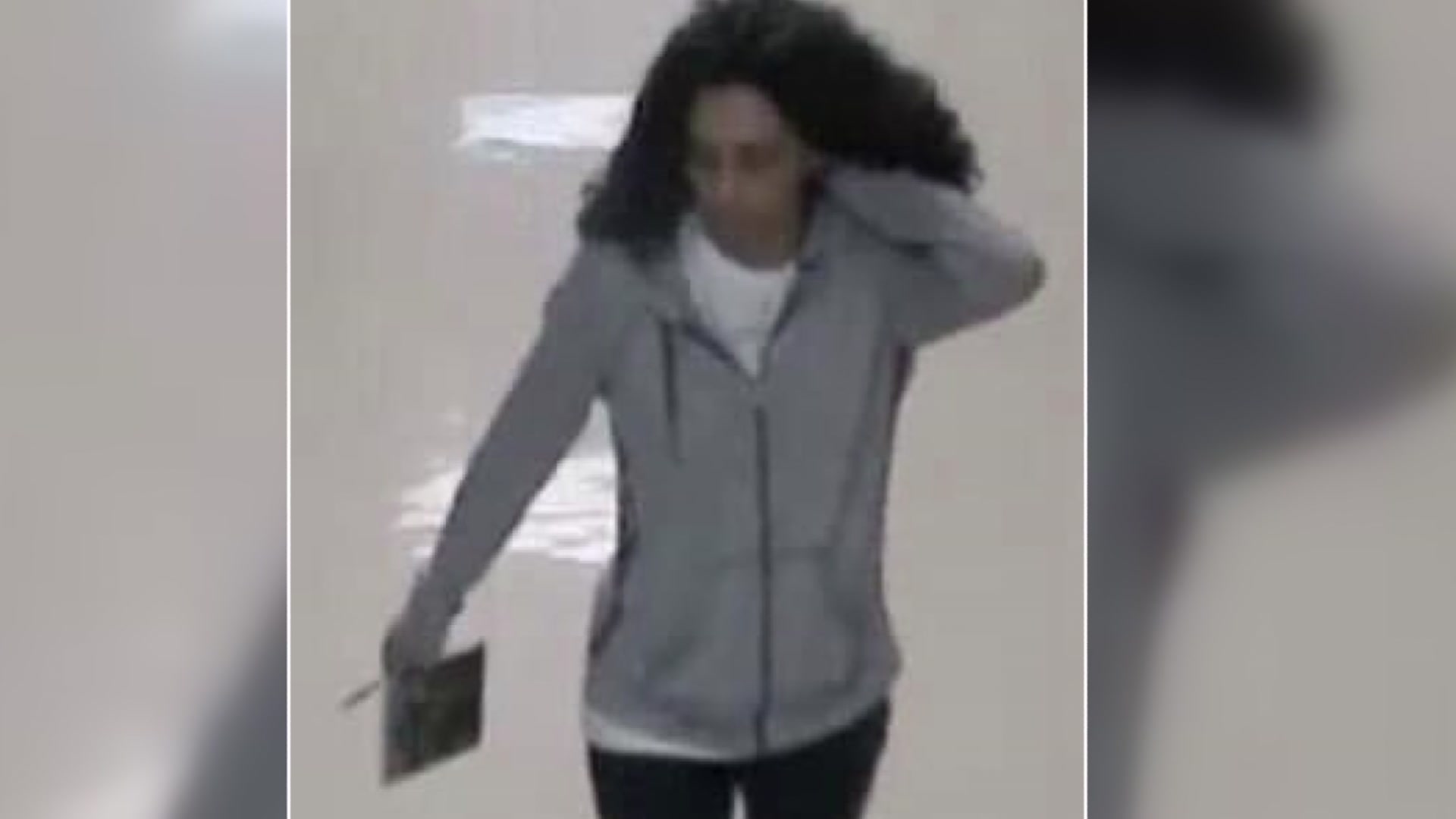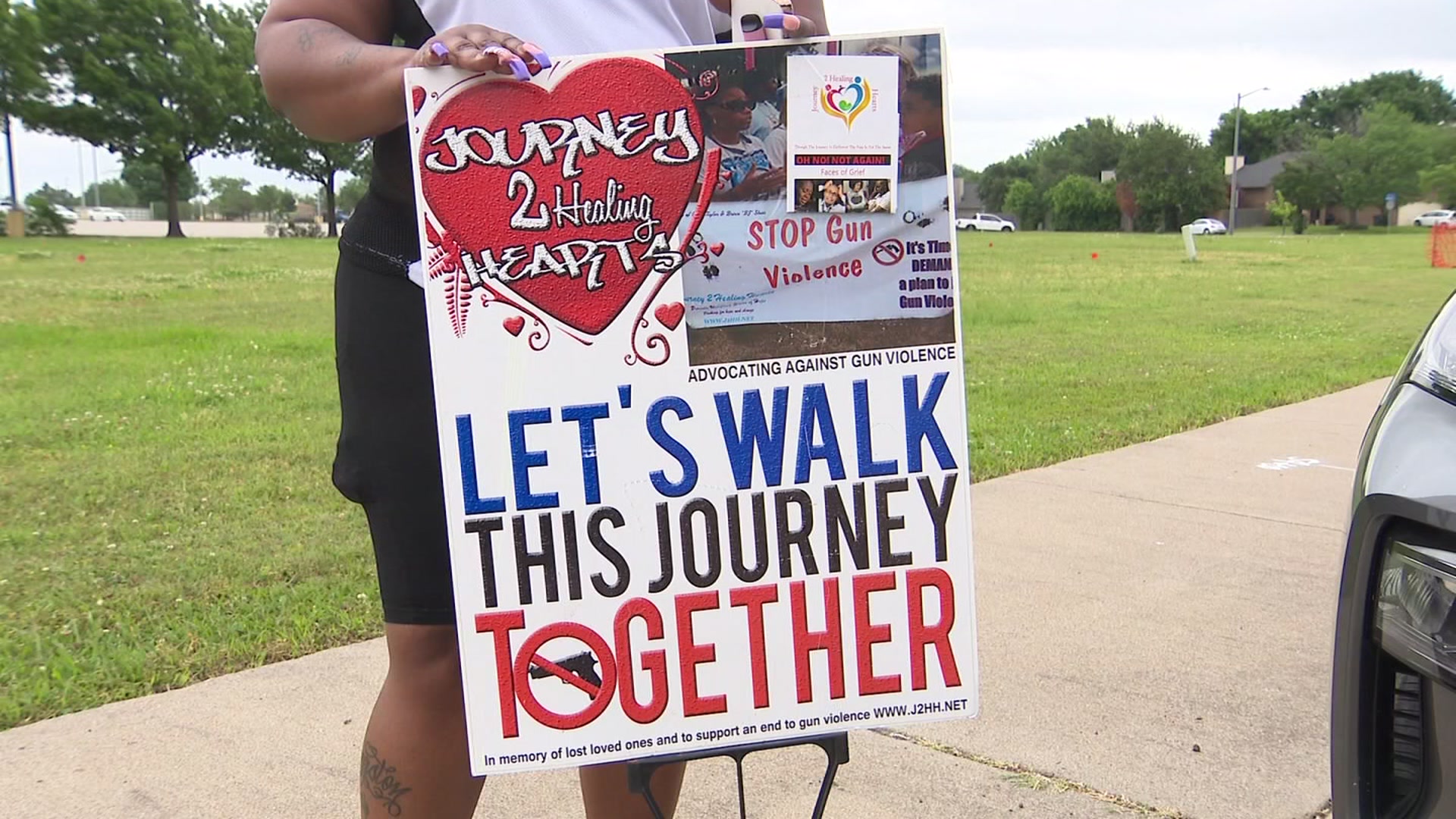No late appeals are expected for a man who is set to be executed for a Texas game warden's death during a 2007 shootout.
James Freeman's scheduled lethal injection would be the second in as many weeks in Texas, which carries out capital punishment more than any other state. The U.S. Supreme Court earlier this month refused to review Freeman's case, and his attorney, Don Vernay, said he doesn't plan any new appeals to try to block the execution from happening Wednesday in Huntsville.
The Texas Board of Pardons and Paroles on Monday declined a clemency petition from Freeman.
Freeman was suspected of illegally hunting at night from his truck in Southeast Texas' Wharton County when a game warden spotted him. Freeman sped away, leading authorities on a 90-minute chase that reached 130 mph. It ended near a cemetery not far from his home in Lissie with Freeman stepping out of his disabled pickup truck and shooting at officers.
He emptied his 11-shot .357-caliber handgun, then switched to an AK-47 assault rifle with a 30-round clip.
When it was over, Freeman had been shot four times and Justin Hurst, a Texas Parks and Wildlife game warden who had joined the March 17, 2007, chase, was fatally wounded. It was Hurst's 34th birthday.
Steve Lightfoot, an agency spokesman who knew Hurst, said the married father of a 4-month-old son represented "the very essence of what this agency is about and what game wardens are about."
Local
The latest news from around North Texas.
"He was very passionate in his role concerning the state's resources and protecting those resources," Lightfoot said.
Eighteen Texas game wardens, including Hurst, have died in the line of duty since game wardens began enforcing conservation laws in 1895. Hurst had been with the Texas Parks and Wildlife Department for 12 years, the last five as a game warden.
Hurst was an alligator and waterfowl specialist before moving to law enforcement. A state wildlife management area where he once worked in Brazoria County and about 60 miles south of Houston now carries his name.
Vernay said Freeman's lack of a previous criminal record should have influenced jurors he didn't deserve the death penalty, which in Texas requires a jury to find a capital murder offender would be a continuing threat.
"This is a troublesome case," the appeals lawyer said. "He never did anything wrong in his life other than a DUI. This kid was not a future danger, he was just a loser. ... He got drunk and got in a shooting."
A psychologist testifying at Freeman's trial said Freeman told him he drank about nine beers while watching a football game on TV at his home and then decided to drive around and shoot snakes and birds that night -- something he enjoyed doing.
Freeman's trial lawyer, Stanley Schneider, said heavy alcohol use and severe depression led the unemployed welder to try to commit "suicide by cop" in his confrontation with officers.
"It was totally senseless," Schneider said of the fatal shooting. "It really is very sad that it happened, that two families are suffering like this."
Prosecutors convinced jurors that Freeman had an uncontrollable and unpredictable temper. He was on probation after being convicted of driving while intoxicated, and it was about to be revoked because he had failed to comply with the terms, court records showed.
Freeman, 34, is one of at least eight Texas prisoners with execution dates in the coming months. Last year, Texas lethally injected 13 convicted killers, accounting for nearly half of the 28 executions carried out nationwide.



